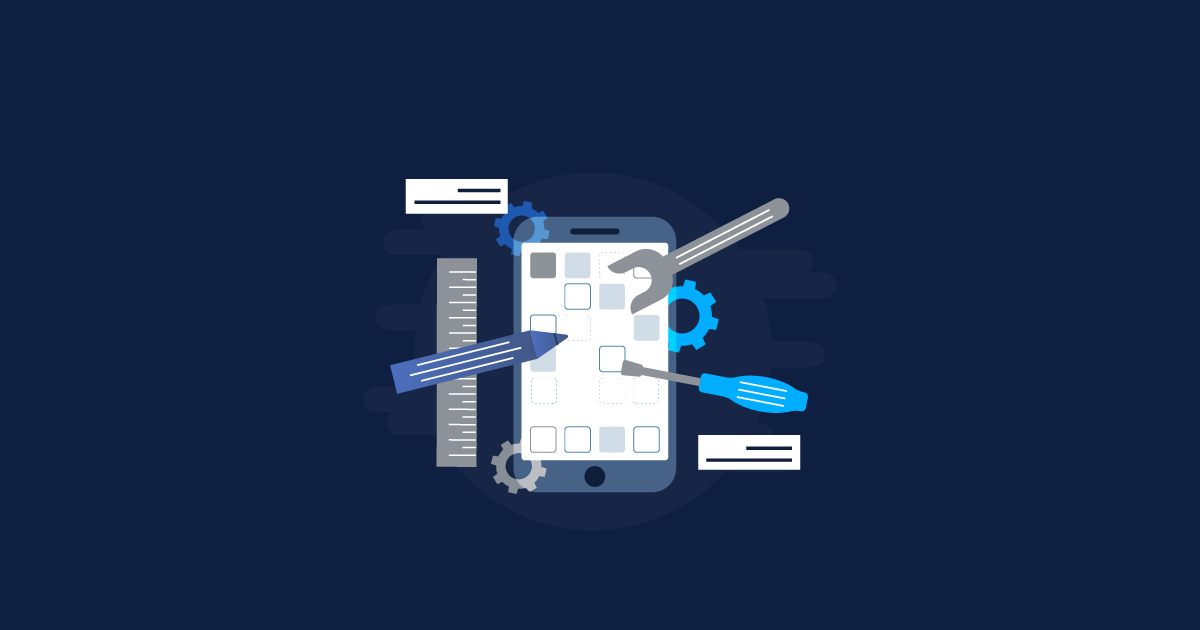Businesses today are generating massive amounts of data at an exponential rate, which requires fast processing to generate useful analytics. A better grasp of large data platforms, data sampling and test data management procedures, and purpose-specific backend testing is required to define a pragmatic testing approach for such complexities.
Big Data Testing is critical in ensuring the correctness, reliability, and performance of data-driven applications in an era of fast-expanding data quantities and complicated data processing systems. Organizations are increasingly leveraging the potential of automation to improve the efficiency and efficacy of their Big Data Testing procedures.
This article will guide you to understand the approach to big data automation testing, role of automation in Big Data Testing and benefits of automation in Big Data Testing.
APPROACH TO BIG DATA AUTOMATION TESTING
In the face of complicated data sets, an automation framework can assist in testing, deploying, and gaining important business insights. It is carried out as shown below:
Database Testing:
The initial level of Big Data automation testing involves testing database criteria based on business requirements. The kind and size of incoming data differ across the organization, and we must determine which database will assist the cause to get the desired result.
Performance Testing:
Automation in big data helps you to test performance under many settings, such as testing the application with various data types and volumes. This testing highlights the data integrity, data intake, data processing, and data storage phases in further detail.
1. Data Ingestion and Throughput
During the Data Ingestion process, data is fed from the source into the database using data extraction tools and examined for mistakes and missing values. The data format from CSV, XML, and other formats is transformed into a standard JSON file, which is then validated for duplicate or missing values.
2. Data Processing
At this stage, crucial data value pairs are formed, and logic is applied to all nodes to determine whether the method is working properly.
3. Subsystem Productivity
This step has several sub-components, and it is critical to evaluate each component separately for how data is ingested and indexed, data log, algorithm validity, search query, and so on. It also discusses the system's utility and scalability.
ROLE OF AUTOMATION IN BIG DATA TESTING:
Automated Testing for Big Data Applications is critical in Big Data Testing since it streamlines and improves the productivity of testing operations. Here are some of the most important responsibilities of automation in Big Data Testing:
1. Data Validation and Verification:
Automation technologies can be used to validate and verify Big Data sets' integrity, accuracy, and consistency. They run automatic checks and comparisons against predicted outcomes to ensure that the data is accurate and dependable.
2. Generation of Test Data :
Automation facilitates the generation of massive volumes of test data for Big Data Testing scenarios. Automation, with its capacity to generate synthetic data or reproduce production data sets, aids in simulating real-world scenarios, identifying edge cases, and ensuring full test coverage.
3. Sets up Lesser Complex Test Environment:
Automation simplifies the development and deployment of complex test environments required for Big Data Testing. It allows for the deployment of necessary infrastructure, data storage, and software components, which reduces manual work and ensures consistency across testing environments.
4. Performance Testing and Test Execution
Automation tools enable test execution and performance testing on Big Data platforms, frameworks, and applications. They can automate test case execution, validate data processing, conduct performance testing, and assess system scalability and responsiveness.
5. Continuous Testing and Regression Testing:
When new modifications or updates are introduced, automation aids regression testing, in which tests are automatically executed to check the stability and functionality of current features.
6. Testing for Data Quality and Consistency:
By automatically validating data formats, schema adherence, and data integrity across diverse data sources and transformations, automation helps to ensure data quality and consistency. It detects abnormalities, inconsistencies, and concerns with data quality, allowing them to be handled proactively.
7. Fault Tolerance and Error Handling:
Automation aids in the testing of Big Data systems' error management and fault tolerance capabilities. It can mimic error scenarios, data failures, and system faults to see how the system responds, recovers, and maintains data integrity in these situations.
8. Reporting and Analyzing Test Results:
Automation tools generate detailed test reports, metrics, and logs, offering insight into test results and exposing any failures or anomalies. As a whole, Big Data Testing automation improves efficiency, expands test coverage, improves accuracy, and speeds up the testing process.
BENEFITS OF AUTOMATION IN BIG DATA TESTING:
1. DATA DEMOCRATIZATION
The democratization of data refers to the process of making data and data-related resources accessible to a broader audience within an organization or society. It involves providing tools, technologies, and processes that enable self-service access to data, intuitive data visualization, and user-friendly analytical capabilities.
2. CONTRIBUTES TO THE IMPROVEMENT OF DATA QUALITY
Big Data Testing automation techniques have dramatically improved data quality in various ways:
Automation tools and algorithms can be used to evaluate data against specified rules, find discrepancies, and clean the data by deleting duplicate entries, fixing errors, and standardizing formats.
Automation streamlines the process of integrating data from diverse sources by automatically extracting, processing, and loading data into the target systems.
Automation offers real-time data monitoring and notifications, allowing for the detection of abnormalities, data quality issues, or departures from expected patterns.
3. PRODUCTIVITY BOOSTED UP
Big Data automation has considerably increased productivity by streamlining processes, decreasing manual effort, and speeding up data-related operations. Here are a few examples of how automation has increased productivity:
Automation technologies enable the development of workflows as well as the automation of everyday tasks.
Automation offers self-service analytics platforms and tools, allowing business users to independently access and analyze data.
Automation makes it possible to monitor data pipelines, system performance, and data quality in real time.
4. ENHANCED THE USER’S EXPERIENCE
It minimizes data processing delays and enables users to adapt rapidly to changing company needs, resulting in better decision-making and an overall better user experience.
It allows users to explore data on their own, develop visualizations, and draw insights, boosting their experience by giving them more freedom and flexibility when engaging with data.
Automation allows for the capture and analysis of massive volumes of user data, which can then be used to provide personalized and contextualized experiences.
5. ANALYSIS OF DATA FROM ANY SYSTEM
Automation allows for the extraction and analysis of organizational data. It also combines unstructured data into a single data source that is available for analysis.
RPA also allows for the reduction of data analysis workers' overtime. This paves the path for even more cost savings. Another advantage of RPA is that it allows users to obtain the necessary insights more quickly.
What to Do Next for Your Big Data Testing Strategy?
Big Data Automation Testing is critical to the organization's performance because it eliminates time-consuming manual testing errors caused by the vast volume and variety of data. Big Data is about more than just the amount of incoming data; it is also about the economic benefits from that data.
To achieve reliable results within the specified time and budget, accurate testing on big data necessitates specialist knowledge. With the help of a dedicated team of QA professionals with in-depth knowledge of testing big data, whether an internal team or outsourced company, can give you access to the best practices for automating Big Data Testing.




